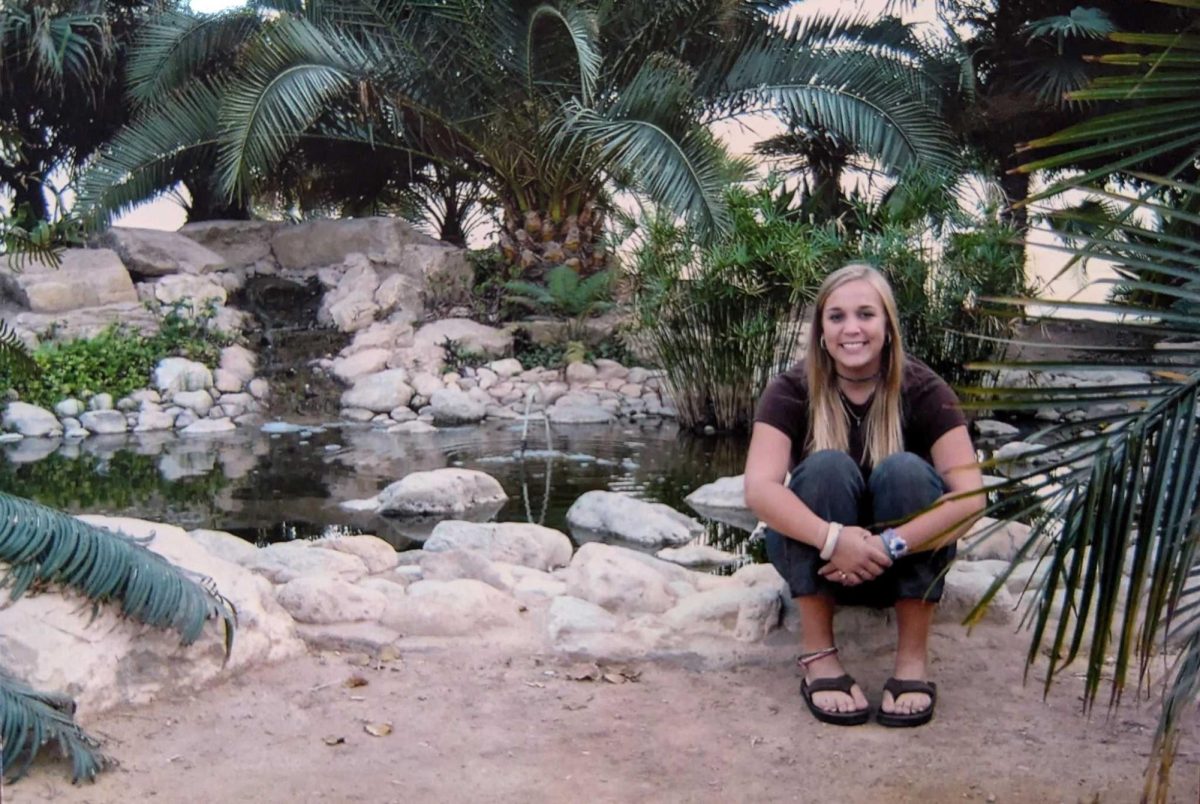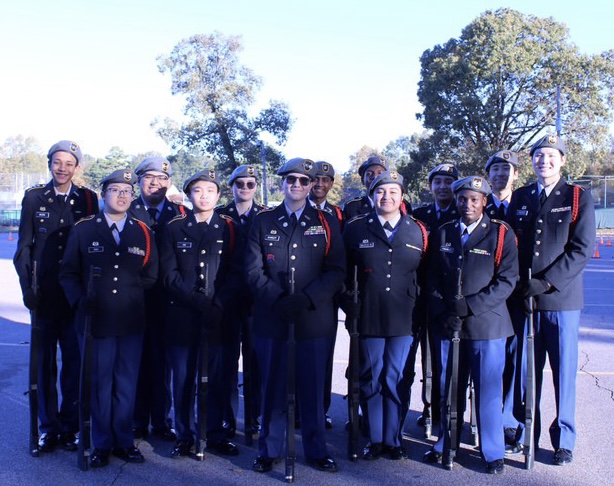A tiger cub’s roar: tiger parenting experiences at White Station
PHOTO ILLUSTRATION//THINKSTOCK
Laying down on the bed and daydreaming is something children of tiger parents could only dream of doing. Many tiger cubs are forced into supplementary classes by their parents and spend hours each weekend over grueling math problems or drilling arpeggios on the violin.
It is almost 11 p.m. on a school night. On the dinner table, there are papers spread everywhere. Papers filled with indecipherable scratchwork. An eagle-eyed gaze pierces the soul. The same line is barked over and over in the mother language: “Why don’t you understand this? I’ve already explained this a hundred times already!” Tears roll down the cheek and decorate the already tear-stained math homework. Frustration builds inside, but all is forgotten once a plate of cut-up orange slices appears.
Coined by Amy Chua in her book, “The Battle Hymn of the Tiger Mother,” the term tiger parenting refers to a strict, authoritative method of parenting intended to raise high-achieving children. Oftentimes, there is a strong emphasis on academics and fulfilling certain expectations.
“It has to do with their attitude toward how you do in school, in the sense of how they see achievements as necessary,” Alina Liu (9). “For example, if you were to do well in a class, they would say it was what you were supposed to do instead of acknowledging that you’re putting in effort.”
Stereotypically of Asian descent, tiger parenting is a form of parenting that has stemmed from the hardships experienced by immigrant parents. Traveling halfway across the world to indulge in the “American Dream,” tiger parents implement these disciplines in hopes that their children can carry on their legacy.
“Well, if a common trope is that Asians are smart, and [you] want that to continue, you have to force your child to be smart,” Aashish Chidambaram (10) said. “Over time, that evolved into taking away everything that makes them a child and making them a machine.”
While tiger parenting has statistically been able to produce children who have achieved in society’s traditional definition of success, burnout caused by this form of parenting is of the ordinary. Tiger cubs, children who have tiger parents, question whether or not tiger parenting is really worthwhile.
“For me, my parents placed too much focus on school,” Chidambaram said. “They’re like, ‘you don’t have time for anything else. You don’t have time for fun.’ And it was like, if you’re a kid without fun, how are you going to end up? You might end up successful but you’re not going to end up happy.”
Tiger parenting has earned itself a bad reputation among Western society for its harsh methods of discipline. In Asian culture, the phrase “I love you” is almost never spoken, but instead demonstrated through actions. Instead of hugs, kisses and words of affirmation, tiger parents will book supplementary math classes for their children. What may seem like extreme parenting to some is truly just a parent’s way of expressing their affection.
“Parents do want the best for their children, but sometimes it gets twisted in their heads what that would be like,” Adith Kotha (10) said. “You do raise somewhat successful children by society’s standards, but you lose social interaction — the losses are far greater than the gains.”
Despite the antagonism surrounding tiger parenting, there is not a definite answer to how parents should raise their children. What works for some might not work for others, and every parent-child relationship is unique.
“I don’t think there is a right way to parenting, but there are certain things you need to do,” Liu said. “Let your children enjoy being a kid, loving them no matter what they do. You shouldn’t tie their value to their accomplishments.”
Your donation will support the student journalists of White Station High School. Your contribution will allow us to purchase equipment and cover our annual website hosting costs.










































